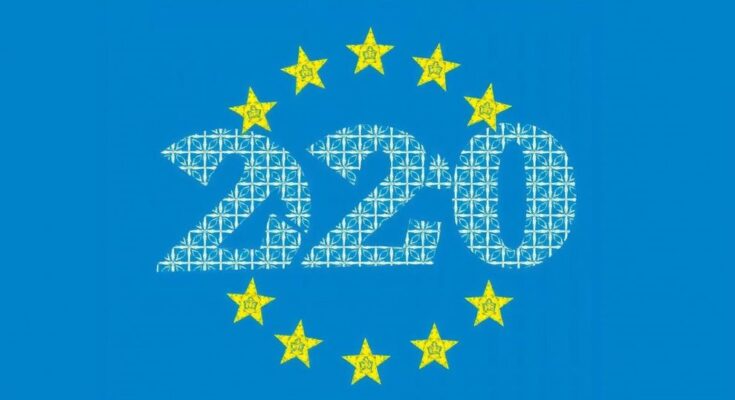Argentina has rejected several points in the G20 draft declaration related to social media regulation, global reforms, and state intervention to combat hunger. Nevertheless, the country will not prevent its adoption by other leaders at the summit.
Argentina has expressed its objections to certain elements of a draft final declaration for the upcoming G20 summit. However, the government led by President Javier Milei has affirmed that it will not obstruct the endorsement and adoption of the declaration by other participating leaders. The specifics of Argentina’s dissent include issues related to the regulation of social media content, proposed reforms of international institutions, and notably, the notion of increased governmental intervention aimed at addressing hunger.
The G20 summit gathers leaders from the world’s largest economies to address pressing global issues and foster international collaboration. The draft declaration typically covers a range of topics including economic stability, trade, digital governance, and social welfare policies. Argentina’s position reflects a broader debate regarding national sovereignty and the effectiveness of heightened governmental measures in social matters, such as hunger. President Javier Milei’s administration, which advocates for market-oriented reforms, is particularly concerned about any endorsement of expanded state roles.
In summary, while Argentina has reservations about specific aspects of the G20 draft declaration, it remains committed to allowing the summit to proceed without creating obstructions. The objections primarily focus on the regulation of social media, reforms of global organizations, and state intervention in combating hunger, which highlights differing national philosophies regarding governance and social policy.
Original Source: www.barrons.com




